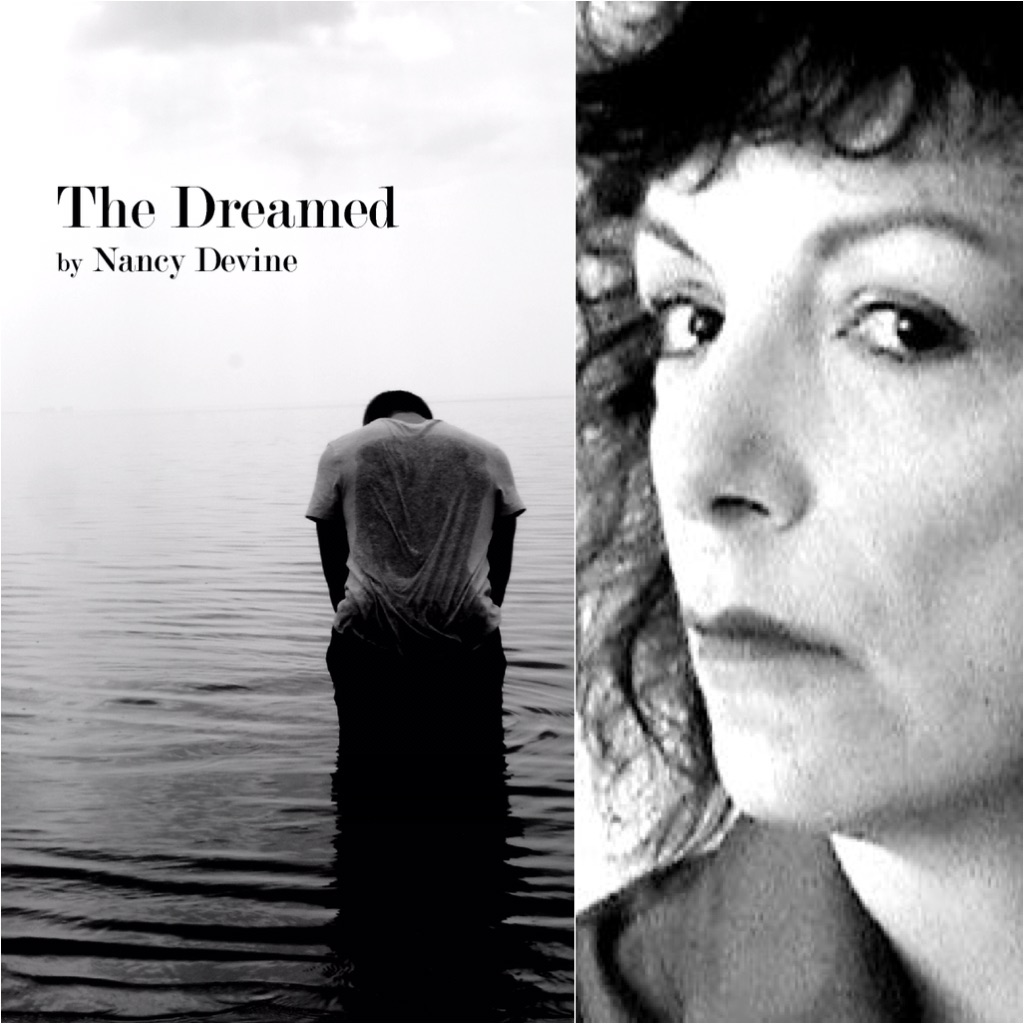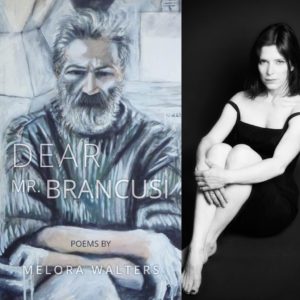Description
The Dreamed
by Nancy Devine
$14.99, paper
Nancy Devine, a three-time Pushcart Prize nominee, is a writer, whose poetry, short fiction and essays have appeared in a number of online and print literary magazines and journals, including Bellevue Literary Review, Midwestern Gothic-A Literary Journal, Stirring-A Literary Collection, Berfois and Referential Magazine. Her chapbook of poems, The Dreamed, was published by Finishing Line Press in 2016.
Devine, originally from Minot, North Dakota, recently retired from teaching high school English in Grand Forks, North Dakota, where she lives. She did her undergraduate work at the University of North Dakota, Grand Forks, and Minot State University. In 1997, she received Master of Science from UND. She lives in Grand Forks with her husband and their rescue collie.






Chris Johnson –
The great tragedy of humanity is that we are all alone, that our synapses and dendrites don’t extend out into the realities of others. Unfortunately, those intricate branches form only our own perceptions of experience and we are left with something far less perfect than fact to understand the mind of he whose partner is now gone or she whose child is in the grave. We cannot truly process their heartbreak nor can we understand the trauma of their tragedy. We are left with empathy’s imagination.
But great art extends those synapses and dendrites and connects us with the artist. The artist’s reality becomes our own and we begin to know her in ways we never could have expected even if we had been previously acquainted. Great art liberates humanity from the biological cubicles we find ourselves trapped in and invokes within us an ability to see beyond our own experience and embrace the tragic and joyful realities of another. Devine’s poems act as a catalyst for this liberation. Devine is a voice for those acquainted with grief. Her words help formulate questions that the reader who sits in death’s shadow might not know how to ask. Devine assures us that the absence of answers might very well be better than answers themselves. She assures us that grief is supposed to be messy, and nonsensical, and that it feels indeed as though we are “turning the pot instead of the spoon.” She gives us the courage to acknowledge and confront our own pain, that we can indeed “imagine our way back into the past” and that we can validate the pain in others. She opens our eyes to the fact that those suffering are beside us and within us and that we are together all of us in our solitude.